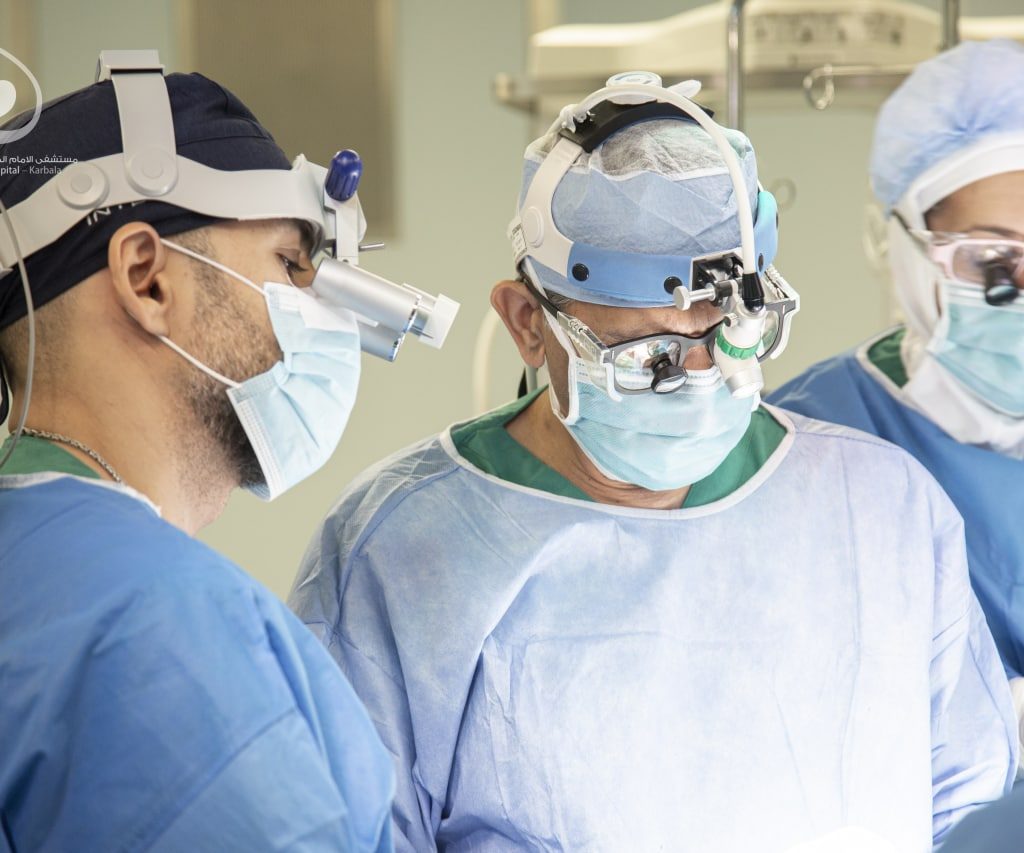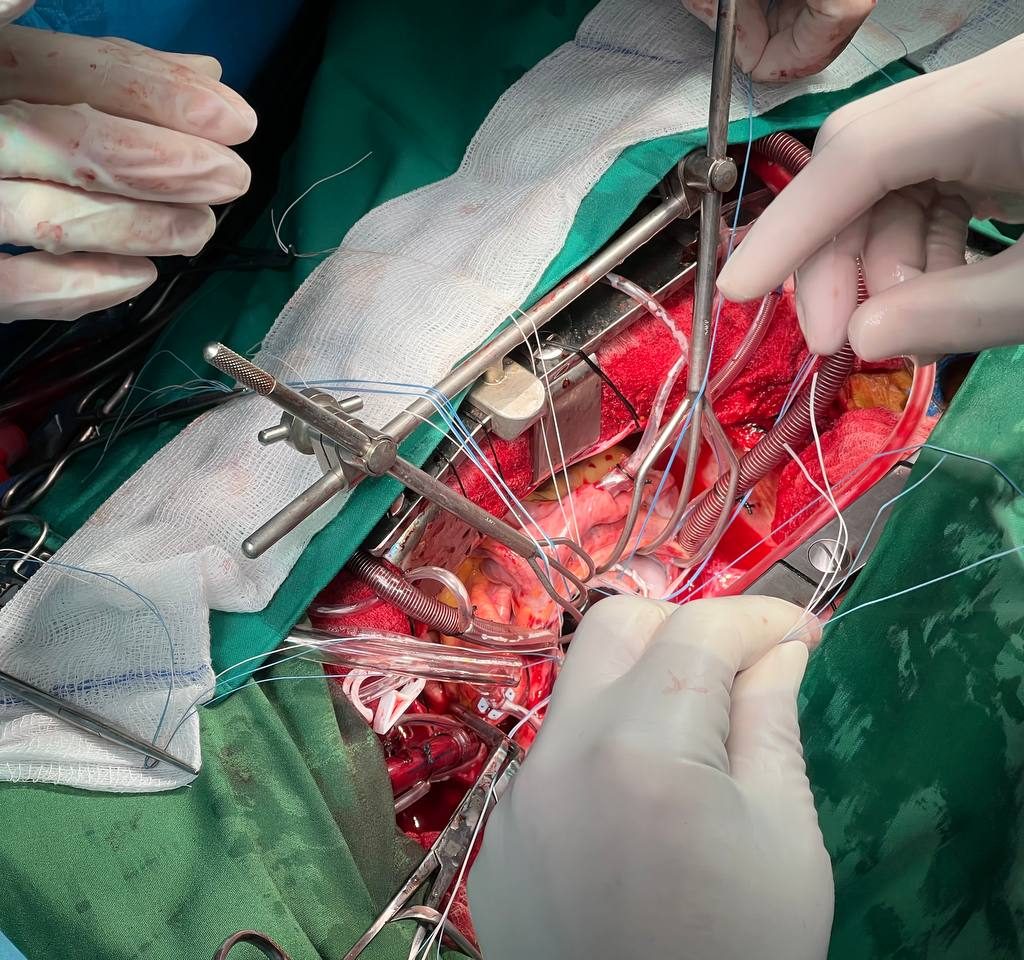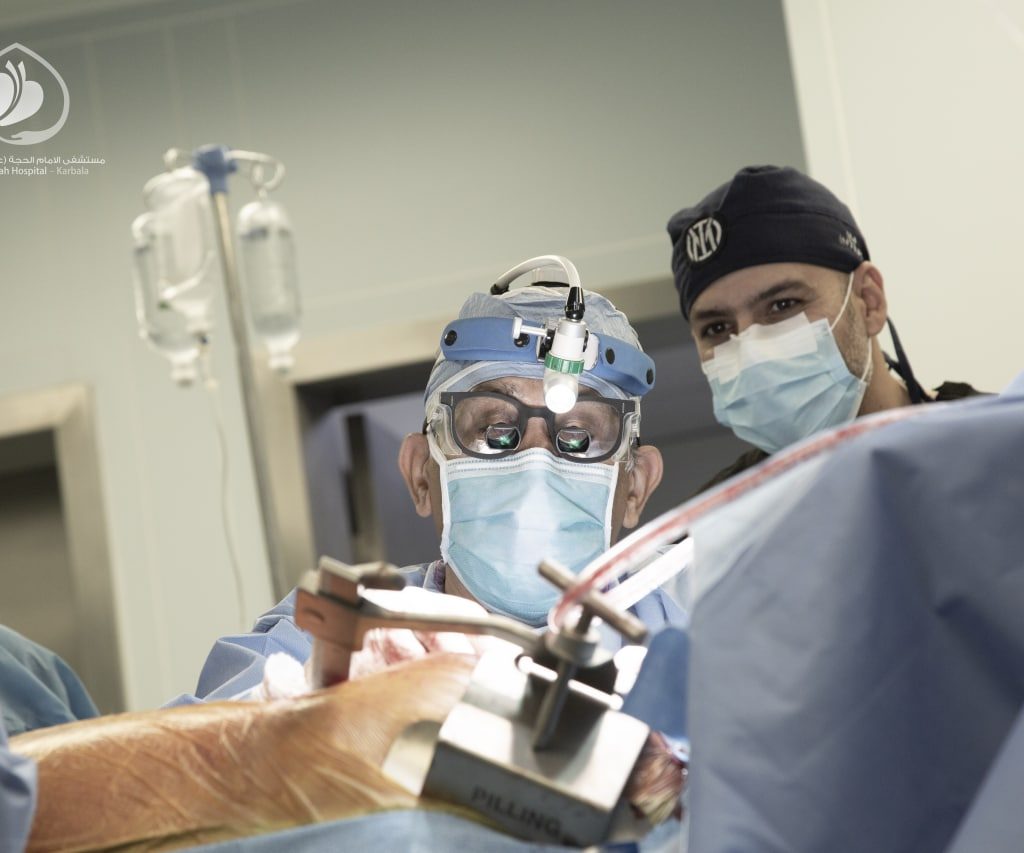The Open-Heart Surgery Unit stands for our patients’ zest for life and their determination to survive. It was recently opened after being fully outfitted with all the necessary equipment. The unit is supervised by expert interventional cardiologists and cardiac surgeons.
The first two surgeries were performed on a man and a woman in their forties. Both high-precision surgeries were successful.
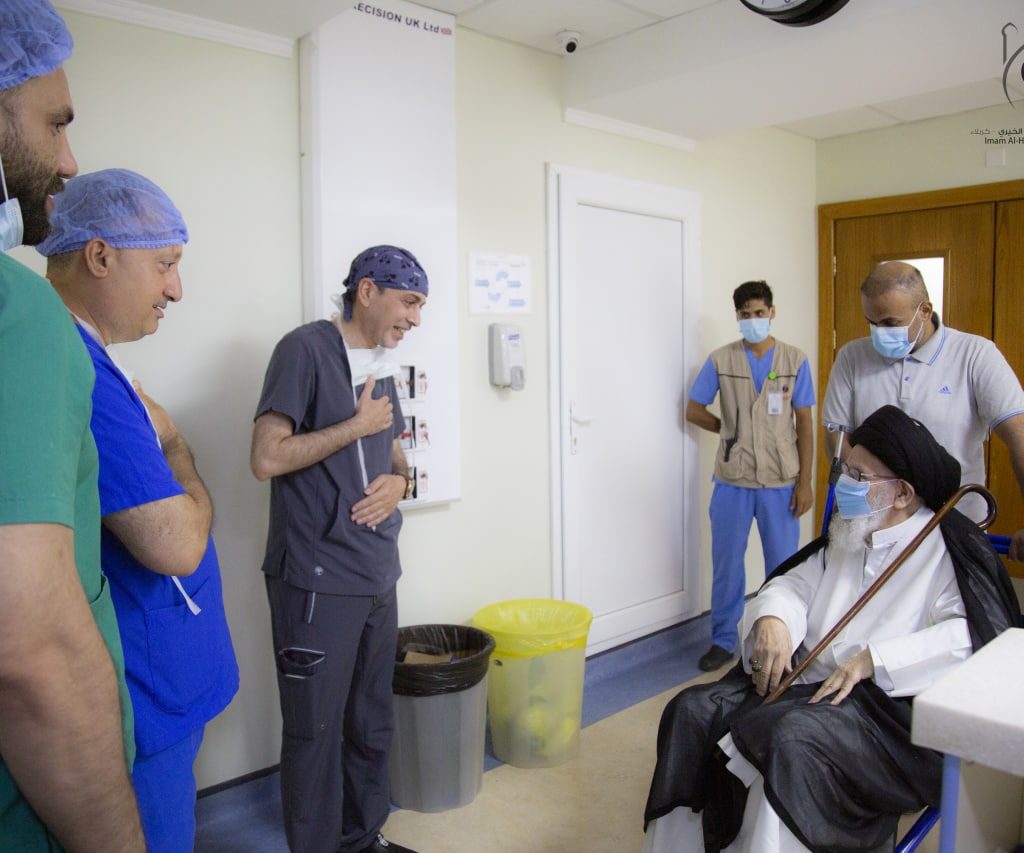
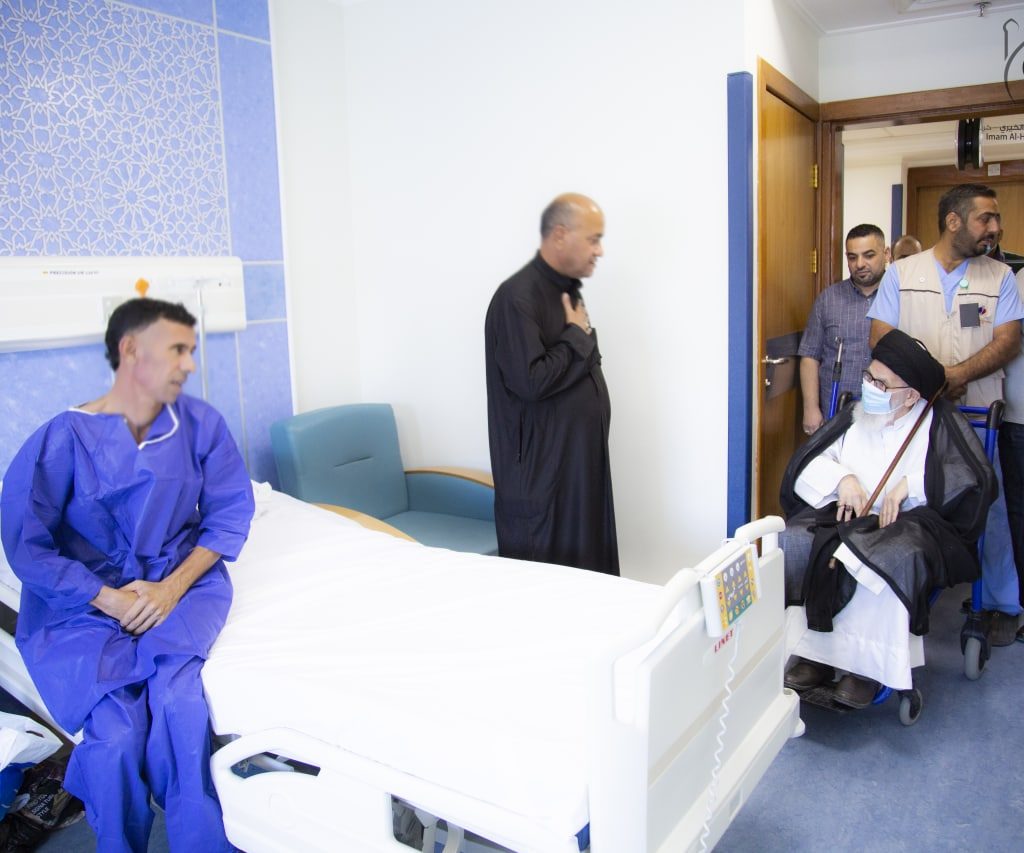
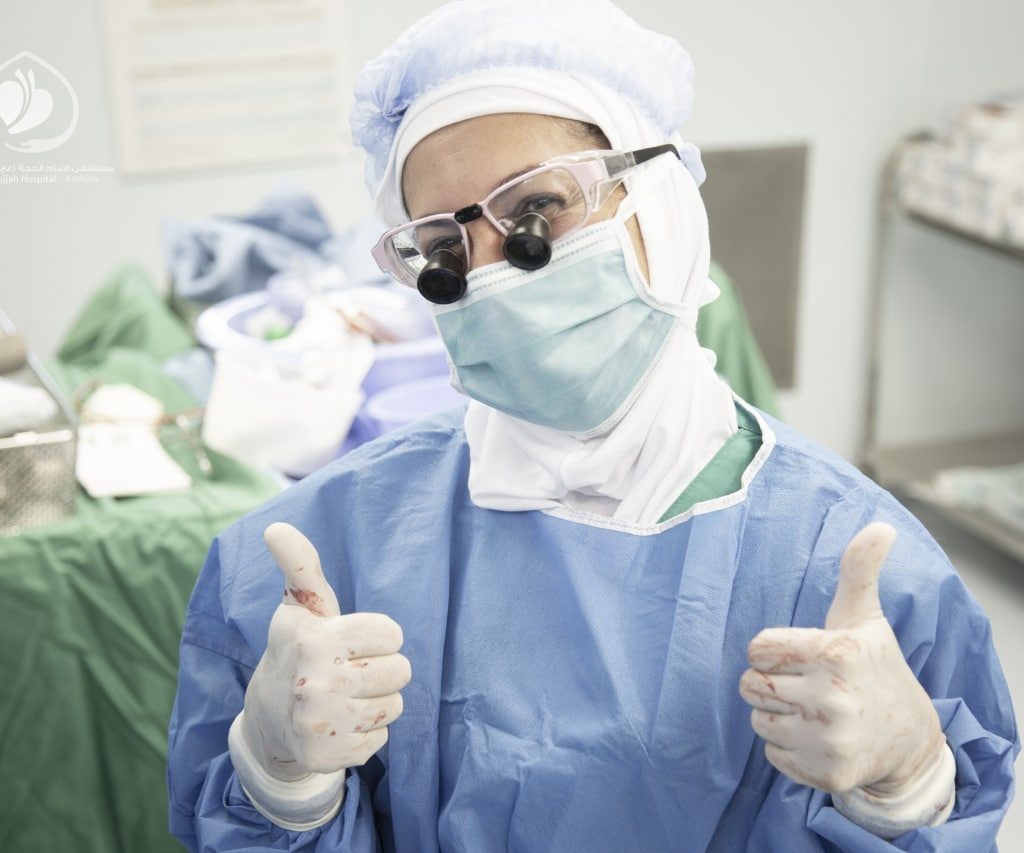
A Patient's Guide to Heart Surgery: Caring for Yourself at Home
When to Call Your Surgeon:
You most likely will not have problems after your operation. Please call your cardiac surgeon if you have:
• A fever greater than 38 °C.
• Shortness of breath.
• Swelling.
• Extra weight gain (2 pounds in 2 days or more than 5 pounds from discharge weight).
• Chills.
• Redness, tenderness, drainage, or gaping at the incision.
You will need to take and record your temperature and weight, as well as inspect your incisions daily. We encourage you to obtain a blood pressure monitor and record your blood pressure and heart rate twice daily.
Emotions:
After heart surgery, you may experience changes in your emotions during your recovery period. You may feel angry, depressed, fearful, or anxious. This is usually temporary, and you should be feeling more like yourself in 4 – 6 weeks. If these symptoms are a concern to you to your family, please call your doctor.
Bathing and Incision Care:
• It’s not recommended to take a shower within 14 days of your surgery, to prevent infections in the incision.
• Take your first shower with someone nearby, if possible.
• Use warm water rather than hot.
• Do not let the shower stream directly onto your incision.
• Wash your incision daily during your shower with soap. Use a mild unscented soap and do not scrub your incision. Use antibacterial liquid soap.
• Do not use soaps that are very oily, highly perfumed, deodorant soaps, or bar soaps. They may irritate the skin.
• Use a separate clean washcloth for incisions with an antibacterial liquid soap.
• Do not put ointment, lotion, or powder directly on the incisions. Be sure to shower with your back to the water.
• Do not soak in a tub, use a hot tub or go in a swimming pool until all your incisions are completely healed and without scabs.
If you have a leg incision, you may notice the skin on either side of the incision is slightly numb and that some parts of the incision heal more slowly and hurt more than others. The incision will heal completely over time and the tightness, swelling, and numbness will go away. It will not be necessary to put a dressing or bandage over the incision after you go home. In fact, the incision will heal faster if you do not put dressings on them any longer than needed. The dressings must be changed every 2 – 3 days be a healthcare provider, and not by the patient or a family member, in order to prevent infection.
To clean the incision, always do as follows:
1. Wash your hands first.
2. Wet a clean washcloth with water.
3. Apply enough soap to the washcloth to form a lather.
4. Clean the incision gently using a single stroke downward. Do not rub the incision.
5. Rinse the washcloth well and repeat if necessary.
6. Rinse the soap off the skin and pat dry with a clean towel. Do not rub the incision.
This should be done until the incision is completely healed (about 4 – 6 weeks).
P.S.:
– It’s recommended to wear chest support for a month after the surgery.
– Women must always wear a bra during the day. Doing so provides essential support while your chest incision is healing. If your bra rubs against your incision, use gauze to pad the bra.
Diet and Nutrition:
When you begin to recover from surgery, the main goal is to heal the wound. Your hospital diet supports that goal. At home, you will be less likely to have problems if you try to stay with a heart-healthy diet for the rest of your life. If you don’t like the foods on this diet, then try to slowly change to this diet. Do not eat too much because extra weight causes your heart to work harder and leads to other health problems. You and your doctor will decide if you need another special diet.
Avoiding salt is very important. Even small amounts of salt in your diet after surgery can make you short of breath and cause swelling. Watch for salt in foods such as canned soup, cheese, ham, potato chips, and pickles.
Remember to follow the specific diet guidelines provided by your registered dietitian while in the hospital. Here are some general recommendations::
- Eat a variety of foods in moderation.
- Eat fruits, vegetables, whole-grain bread/cereals, and fat-free milk and milk products (e.g. yogurt).
- Introduce lean meats, poultry fish, and beans into your diet.
- Avoid salt shakers and salty foods.
- Limit saturated fats and trans fats.
Should you have any additional questions about your specific dietary needs, contact your registered dietitian.
Instructions for diabetic patients after open-heart surgery:
Your blood glucose levels may slightly differ after the surgery, therefore it’s important to maintain a balanced diet. Your diet must include lots of fruits and vegetables, especially vegetables as they contain less sugar and are rich in fiber and vitamins.
Avoid processed foods and sugary drinks, because they increase your blood glucose level. Monitor your blood glucose level repeatedly. Maintaining a stable blood glucose level helps to heal your incisions faster. If you take your diabetes medication orally, make sure to eat within a few hours after taking your medicine.
Medicines:
You need to take medicines when you return home. Be sure to have a current, updated list of the names and dosages of the medicines you are taking. When your supply is running low, contact your cardiologist so you can get a new prescription and have it filled before you run out of medicine. Your doctor will decide how long you need to take the medicine.
Do not take any medicines prescribed before your heart surgery unless you are told to do so by your surgery team. Always follow the instructions for your pain medicines carefully. Do not take home remedies or medicines unless your doctor tells you to. Do not aspirin for pain or fever.
Ask your physician or pharmacist before you take any over-the-counter pain medications. Remember that your prescription pain medication contains Tylenol® (Panadol EXTRA or Paracetamol), so you do not want to supplement that with too much over-the-counter Tylenol®, as more than 4,000 mg of Tylenol® in a 24-hour period can lead to liver damage.
Coumadin (Warfarin):
Some cardiac surgery patients need to take Coumadin after discharge from the hospital. Coumadin is an anticoagulant. In most cases, your surgeon will have discussed this with you before your surgery. Information regarding Coumadin dosing, blood tests, and diet will be provided for patients going home on Coumadin.
Managing Pain at Home:
You can expect to have some pain around the incision for several months after you get home. Sneezing, coughing, sudden changes in body position, and sitting around for long periods of time may cause pain. Do not be surprised if the location and amount of your pain change from day to day.
You will be sent home with a limited supply of opioids for pain control. After you supply is done, you may use Extra-Strength Tylenol® for pain relief. You should require less pain medicine as early as 2 – 4 weeks after your surgery.
Opioids are exclusively prescribed by a physician, and not by the pharmacist without a prescription.
Sleep:
It’s recommended to sleep on your back and not on your sides for a month after the surgery. You may experience a lack of sleep after the surgery.
